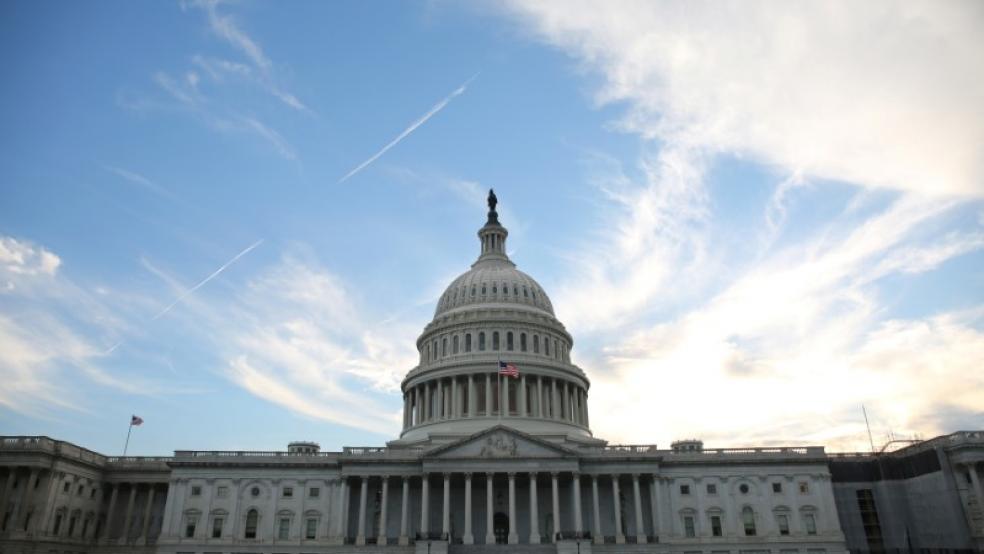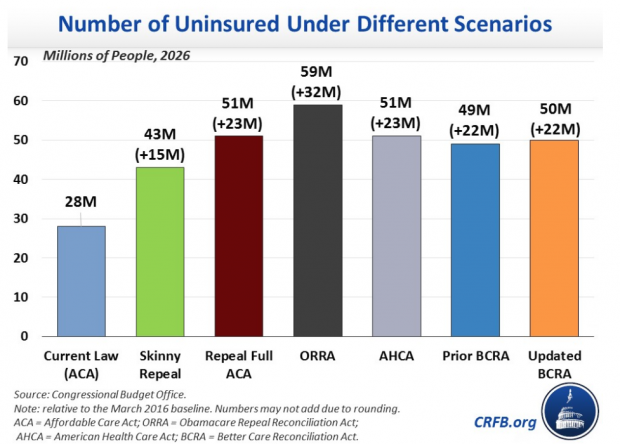The Senate’s Republican leadership has added yet another option to the complicated menu of Affordable Care Act repeal and replacement measures that may be considered as alternatives to the House-passed American Health Care Act.
Faced with the very real possibility that they will be unable to pass any of the current versions of their own health care legislation, which ranges from a standalone repeal of the ACA to a complicated restructuring of the law, Senate leadership is now considering the possibility of a measure being referred to as a “skinny repeal” of the ACA.
Related: New Republican Plan to Repeal Obamacare Gets an Ugly Score From CBO
This represents a sort of fall-back position if the GOP is unable to muster the votes for any of the larger repeal and replace bills. The skinny repeal bill would eliminate the employer and individual mandates, which impose penalties on some businesses that don’t offer their employees insurance and on individuals not otherwise covered who do not buy themselves insurance. It would also repeal the controversial tax on medical devices.
The skinny repeal would fall far short of the goal of complete elimination of the ACA, but it would give Republicans the ability to claim at least a small victory. However, according to the Committee for a Responsible Federal Budget, it would also result in at least 15 million fewer Americans with insurance within a year, and 20 percent increases in health insurance premiums, while saving the federal government a relatively modest $225 billion over 10 years.
The skinny repeal would likely set up Senate Republicans for brutal criticism from both sides of the aisle.
It would also be viewed by large segments of the Republican voter base as a placeholder at best, or a betrayal at worst. By leaving in place many of the ACA’s mandates on health insurance providers and its taxes, the skinny repeal would leave many GOP voters clamoring for further action against Obamacare.
On the left, critics would point out that the elimination of the coverage mandates will inject huge and perhaps fatal uncertainty into the individual insurance market, potentially causing many more people to lose insurance, either because of insurers withdrawing from the system, or premiums becoming unaffordable.






